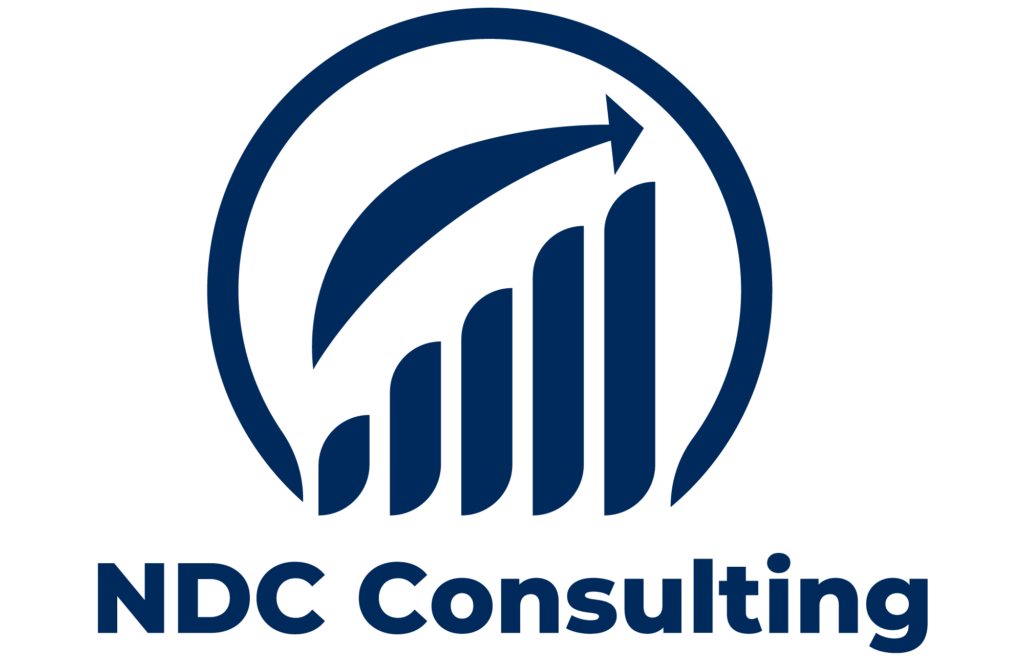
GRC frameworks provide businesses a disciplined way to aligning their operations with ethical, financial, and legal norms, assuring long-term sustainability and confidence.
80% of compliance professionals in strategic roles stated they help their companies identify appropriate risks. Companies need these personnel with specialized GRC qualifications to successfully manage compliance duties, eliminate risks, and improve decision-making capabilities.
With these certifications, you get a competitive advantage by demonstrating knowledge and a dedication to maintaining the highest governance and compliance standards.
Understanding GRC Certifications
Let us define GRC certifications and how they certify your professional abilities.
What is a GRC Certification?
GRC certifications are professional credentials that provide individuals with the knowledge and abilities required to negotiate the complexity of Governance, Risk, and Compliance. These credentials demonstrate your experience in risk management, regulatory compliance, and the implementation of effective governance systems.
In a competitive job market, GRC certificates are more than simply credentials; they are a badge of honor. They show employers that you have a systematic approach to addressing GRC concerns, making you a useful asset in businesses where compliance and risk management are critical.
How GRC Certification Validates Professional Skills
Earning a GRC certification is a means to solidify your skills in three important areas:
- Managing risk: Certifications provide extensive training in detecting, analyzing, and reducing organizational risks. You’ll learn to identify possible dangers and build smart responses that correspond with business objectives.
- Compliance Experience: A GRC accreditation ensures that your firm meets ever-changing regulatory standards. These certifications keep you up to speed on worldwide compliance requirements, decreasing the possibility of legal and reputational issues.
- Governance strategies: Governance is more than just risk management; it is about setting the tone for ethical and efficient operations. Certifications attest to your capacity to create governance frameworks that encourage accountability, transparency, and sustainability within your organization.
Top 5 GRC Certifications
Obtaining the appropriate certification can be a game changer for professionals seeking to improve their careers in governance, risk, and compliance. The major GRC certificates are listed here, along with details on their focus, criteria, and career benefits.
1. Certified in risk and information systems control (CRISC)
The CRISC certification is intended for professionals who manage corporate risk and execute effective information system controls. It focuses on discovering, assessing, mitigating, and monitoring IT and business threats.
Requirements and Exam Information:
- A minimum of three years of relevant work experience in two or more of the four CRISC domains.
- A comprehensive exam that covers Risk Identification, Risk Assessment, Risk Response and Mitigation, and Risk and Control Monitoring.
Career Paths and Average Annual Salary:
- Career roles: Risk Manager, IT Control Analyst, and Compliance Officer.
- Average salary: Approximately $117,070 annually, depending on role and location.
Cost:
- ISACA Members: $575
- Non-Members: $760
2. Certified Information Systems Auditors (CISAs)
CISA is a global standard for auditing, controlling, and securing information systems. It verifies your capacity to evaluate vulnerabilities and report on compliance.
Prerequisites for Certification:
- At least of five years of experience in information systems auditing, control, or security.
- Certain degrees and certificates allow for experience waivers.
Benefits of Obtaining CISA:
- Increases credibility and provides a competitive advantage in the IT auditing area.
- This opens up opportunities for professions such as IT Auditor, Information Security Analyst, and Compliance Manager.
Cost:
- ISACA Members: $575
- Non-Members: $760
3. Certified Information Security Manager (CISM)
CISM focuses on the management side of information security, preparing people to develop and manage safe systems while aligning them with business goals.
Certification Procedure and Prerequisites:
- Minimum of five years of experience in information security, with at least three years in management.
- Passing a challenging exam on Information Security Governance, Risk Management, and Incident Management.
How CISM Advances Careers:
CISM holders are frequently promoted to senior positions such as Security Manager or IT Governance Leader.
Cost:
- ISACA Members: $575
- Non-Members: $760
4. Certification in Enterprise IT Governance (CGEIT)
CGEIT is designed specifically for enterprise IT governance experts. It certifies proficiency in integrating IT with organizational goals and effectively managing IT risks.
Eligibility requirements and exam specifics:
A minimum of five years of relevant experience, including one year in IT governance frameworks.
The exam domains are Framework for Enterprise IT Governance, Strategic Management, and Risk Optimization.
Advantages for IT governance professionals:
- This prepares you for leadership jobs in IT governance, such as IT Director or CIO.
- Increases credibility in successful management of IT governance frameworks.
Cost:
- ISACA Members: $575
- Non-Members: $760
5. Project Management Institute’s Risk Management Professional Certification (PMI-RMP)
PMI-RMP is appropriate for project risk management specialists. It focuses on identifying and controlling project risks while maximising opportunities.
Examination Domains and Eligibility Criteria:
- A secondary degree and 36 months of project risk management experience; or a four-year degree and 24 months of experience.
- Risk Strategy and Planning, Risk Monitoring and Reporting, and Risk Analysis are all subjects covered on the exam.
Benefits of a Risk Management Career:
- Demonstrates proficiency in risk management in project settings.
- This leads to professions such as Risk Manager or Project Manager, which pay more than $100,000 per year on average.
Cost:
- PMI Members: $520
- Non-Members: $670
Budgeting and Investment Considerations for pursuing GRC Certification
When arranging for GRC certification, it’s vital to consider the following factors beyond the examination fees:
- Study Resources and Training: Investing in good study materials, practice exams, and training courses can improve your chances of success. The cost of these resources might range from $200 to $2,000, depending on the depth and format of the material.
- Membership Costs: Professional organizations like as ISACA and PMI might give subsidized test fees, study materials, and networking opportunities. Membership costs range from $135 to $225 per year.
- Recertification and Continuous Education: Earning Continuing Professional Education (CPE) credits and paying renewal fees are common requirements for maintaining your certification. ISACA credentials, for example, necessitate 120 CPE hours over three years, as well as an annual maintenance cost ranging from $45 to $85.
- Time Investment: Preparing for these certifications requires a significant amount of time and effort. Balancing study time with career and personal obligations is critical to success.
Accounting for these variables allows you to create a thorough budget and timeframe that is in accordance with your professional growth objectives.
Conclusion
Investing in GRC certificates is more than just a career move; it’s a means to boost your professional reputation, learn in-demand skills, and establish yourself as a vital participant in governance, risk management, and compliance. These certificates provide the tools and expertise you need to flourish in IT risk management, audit process improvement, and connecting governance policies with business goals.
While the path demands planning, time, and resources, the long-term advantages—higher earning potential, job promotion, and the capacity to manage complicated regulatory environments—make it worthwhile.

